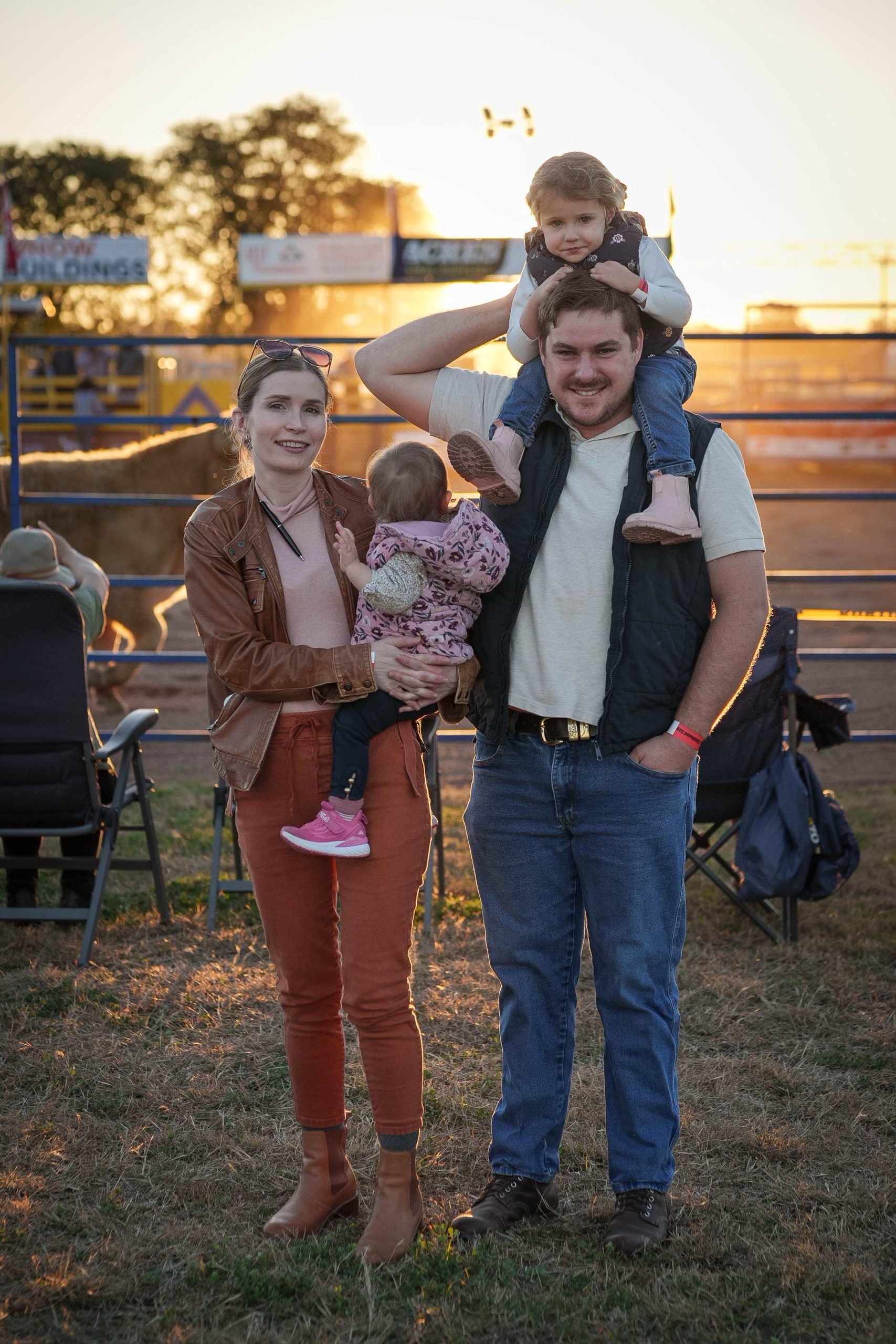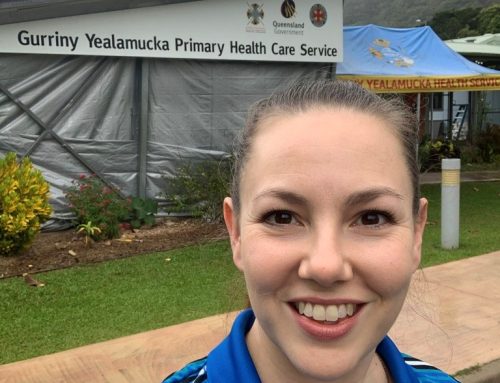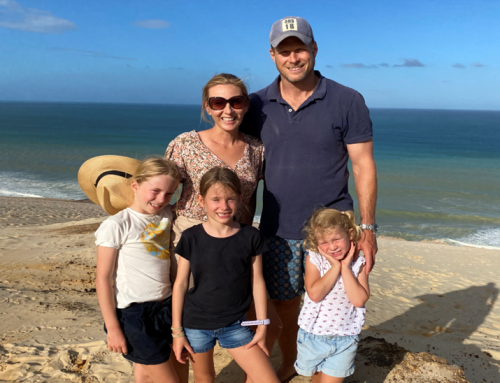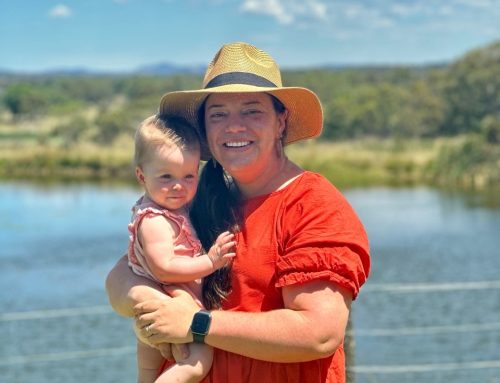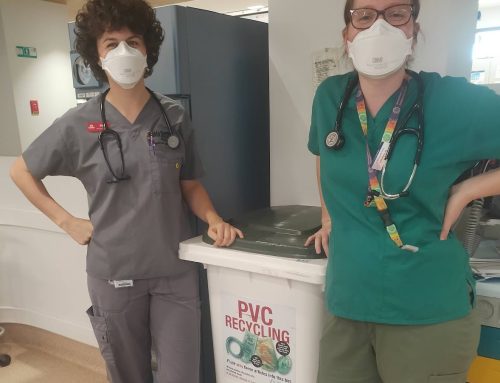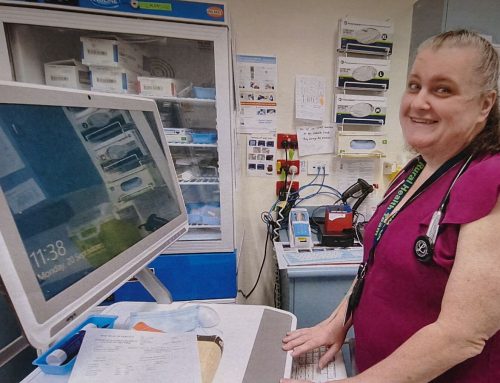Rural Generalist | Theodore (Wulli Wulli Country)
Dr Liz Clarkson is a Rural Generalist with an advanced skill in emergency medicine who commenced training with the Queensland Rural Generalist Pathway in 2016. Liz has always had an interest in medicine and biology, partly influenced by her parents who worked as a small-town vet and dentist in Central Queensland.
Liz’s interest in pursuing medicine was shaped by her own medical journey as a child. As an infant, she was diagnosed with an uncommon congenital cardiac defect, detected by her rural General Practitioner. The defect was repaired, and Liz has since led a healthy life. “I felt the need to give back and serve in some way as a result of this happening to me. On my mum’s side, going back several generations, I’ve seen family members suffering disparate outcomes and dying young due to lack of available health care. I’ve always wanted to make sure rural communities have equal opportunities in healthcare to those in metro areas.”
Liz completed a medical school rural placement in Theodore, the neighbouring town to where she was born, and really enjoyed how it encapsulated rural general practice and hospital practice. After graduating, Liz completed placements at Caboolture and Toowoomba Hospitals before settling down in Theodore where she works across primary care and hospital practice.
“I returned to Theodore for some of my registrar years and made the decision to stay on. I had always hoped to be able to work in primary care and in the hospital. I’m able to practice a broad suite of skills including minor procedures, point of care ultrasound (including early pregnancy scans), perform radiographs on site, and manage chronic and complex health conditions. I enjoy the diagnostic workup and management of endocrinology, haematology, cardiology, respiratory and rheumatological conditions and more.”
Liz works as a General Practitioner in private general practice at Theodore Medical, adjacent to Theodore Hospital, where she is employed as a Medical Officer with Right to Private Practice. Liz’s typical day includes ward rounds with the team (including registrars, intern, and medical students), a daily ‘Local Only One Problem’ clinic, and then general practice consults. “Most emergencies/acute patients come to the practice during work hours (i.e lacerations and fractures, pneumonias, appendicitis etc). If an emergency presents to the hospital during work hours, we go across to the hospital and manage it there. I am on call at the hospital for one week, in a three-week roster, to manage after-hours presentations”.
Liz loves how rewarding it is working across both services, where no two days are the same. It’s her love of rural practice that has driven her to step into her next adventure.
Liz is preparing to assume the roles of Practice Principal of Theodore Medical and Medical Superintendent from Dr Bruce Chater who, alongside his wife Anne, has worked and lived in the community for over 40 years. “They are big shoes to fill, however, the rewarding things in life aren’t always easy. Thankfully with Bruce and Anne’s long-term experience, in addition to our strong practice management team, we do have a lot of support. It has been a gradual transition over several years – and I think this is important.
Practice management in rural general practice is quite diverse. We have x-rays and ultrasounds on site, as well as having to prepare for diagnostic imaging accreditation. We conduct medical assessments for mine workers which incorporates a different accreditation process. Having a differentiating factor including medical students, interns, and registrars adds another layer of complexity with paperwork and bureaucracy. As part of our business acquisition, we will be required to purchase three properties to have quality accommodation for our students, interns, and registrars. Without this, it causes strain on recruiting medical personnel”.
Bruce shares that he was very heartened when Liz asked if she could become the next Practice Principal of Theodore Medical. “I accepted that offer because I had developed confidence in Liz and her ability to take on that challenge. She is a very determined woman who will make it work. Her medical skills are amazing, and we have worked with her and her husband Ben to make sure they are ready for the clinical governance, business, leadership, and management challenges that this entails”.
Bruce not only expects Liz to succeed him, but to exceed him in many ways. “She has prodigious clinical skills and judgement. Her husband Ben provides a great complement to this with his practical skills, enthusiasm for showing others the essence of bush and his developing management skills. Things will be different in some ways but the quality and essence of “Thorough and Thoughtful”, our motto, will remain the same. The secret to our succession and Liz and Ben’s success has been to go slow enough to learn (over six years), but not too slow that it becomes hesitant”.
Both parties have worked hard to ensure the community is ready for the transition. “We have both openly prepared the community for Liz’s accession to this. She and Ben have wholeheartedly embraced the opportunity, the hospital, the practice and the community.”
Like many rural practitioners juggling work and family, time is a precious commodity for Liz. “My husband Ben also works full time, where he spends a week straight in the next town over working underground in the gold mine. We have two beautiful young children so juggling our work commitments and childcare arrangements can be challenging. We are fortunate to have a lot of support from ladies within the community who help us babysit, as well as daycare, but this can be limited. Ben is looking at stepping into an operations type role and reducing to casual hours at the mine to assist with the practice books”.
Although Liz has many roles to fulfil in her personal and professional life, her love for the Theodore community fuels her desire to keep being the best doctor possible. “Providing continuity of care and a stable health care service is the most important thing you can do for your community. There will be challenges and you may feel like you fall short at times, but it will be a rewarding career”.
When Liz thinks about her career in rural generalism, she sees it as slightly smaller local interventions and practices which create the most effective solution in health care. “I believe primary practice and general practice is by far the best way to help manage people’s health conditions – there is simply no substitute. If we as a health workforce focus on this and encourage more trainees to become Rural Generalists, with a focus on spending most of their time in primary care/general practice, we can make a significant difference to our communities.”



